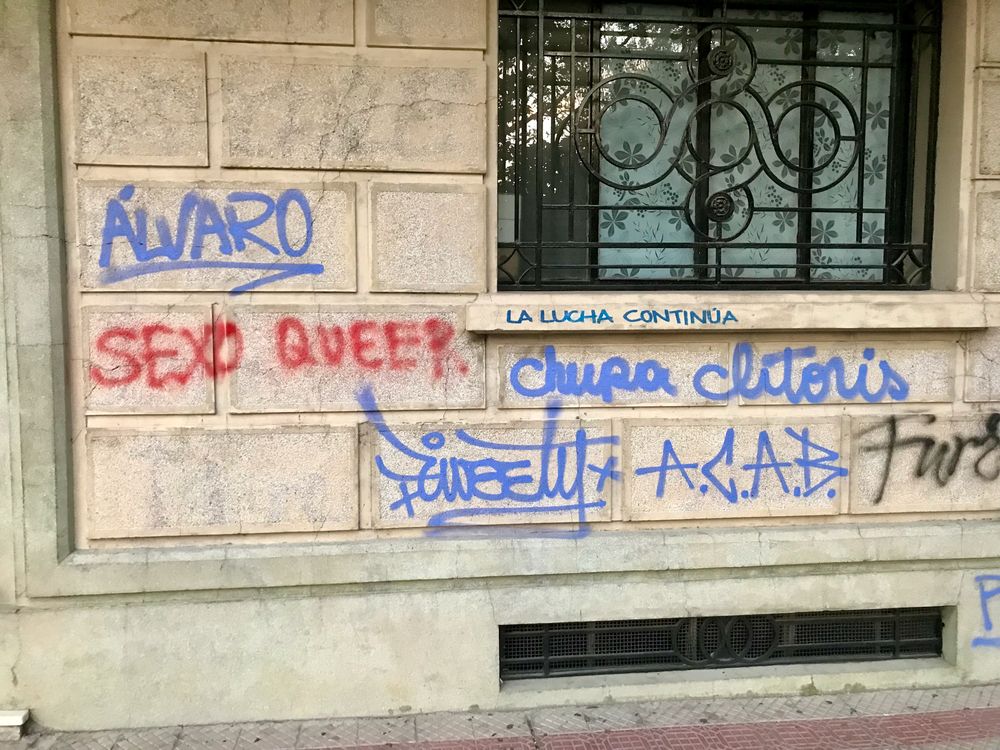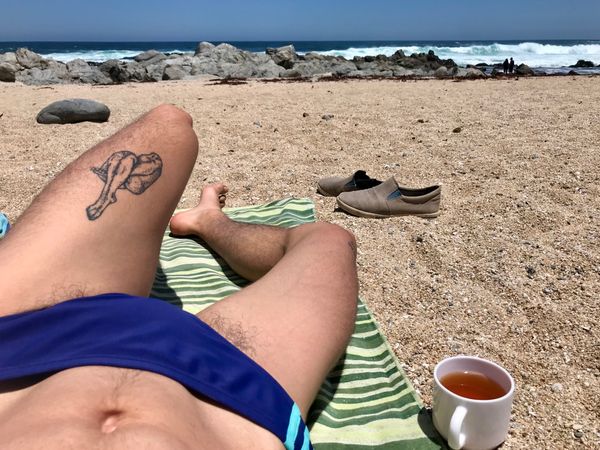Outline 001
I began the day reading excerpts from Renee Gladman’s Calamities to my mom and it broke our syntax. Everything we said came out garbled and turned around, which could have been a symptom of my possible concussion, if not for the fact that it seemed to affect us both. I was supposed to rest and not think, which meant not reading. There had been a car stopped until it wasn't. There were legs sweeping under, there was a blue hood, and there was hot asphalt and a bike in the road. I continued reading. In response to the nurse’s list of what to watch out for in the case I did, in fact, have a concussion, my mom had repeated the joke she’d made some months before, after her own head injury, “but nurse, we always speak in nonsense.”
You were losing hope if you weren’t writing, which isn’t the same as things going invisible. You were losing hope, too, if you were writing, but it was a different kind of loss, because there was always something you had more of when you were done writing, even if it was sentences that you hated. I wrote sentences about how men sleep and my wooden spoons vanished, or perhaps were no longer visible to the eye. Most of the sentences I wrote I did so without thinking of the consequences of objects going missing. I was often trying to write about the crisis, which was hard and took everything you had, which was almost all your language for that day. One day I stopped writing and asked after the vanished things; I wanted to know where they were. It was strange to have had them go away so silently.
— Renee Gladman, "Six Enclosures from Ana Patova Crosses a Bridge"
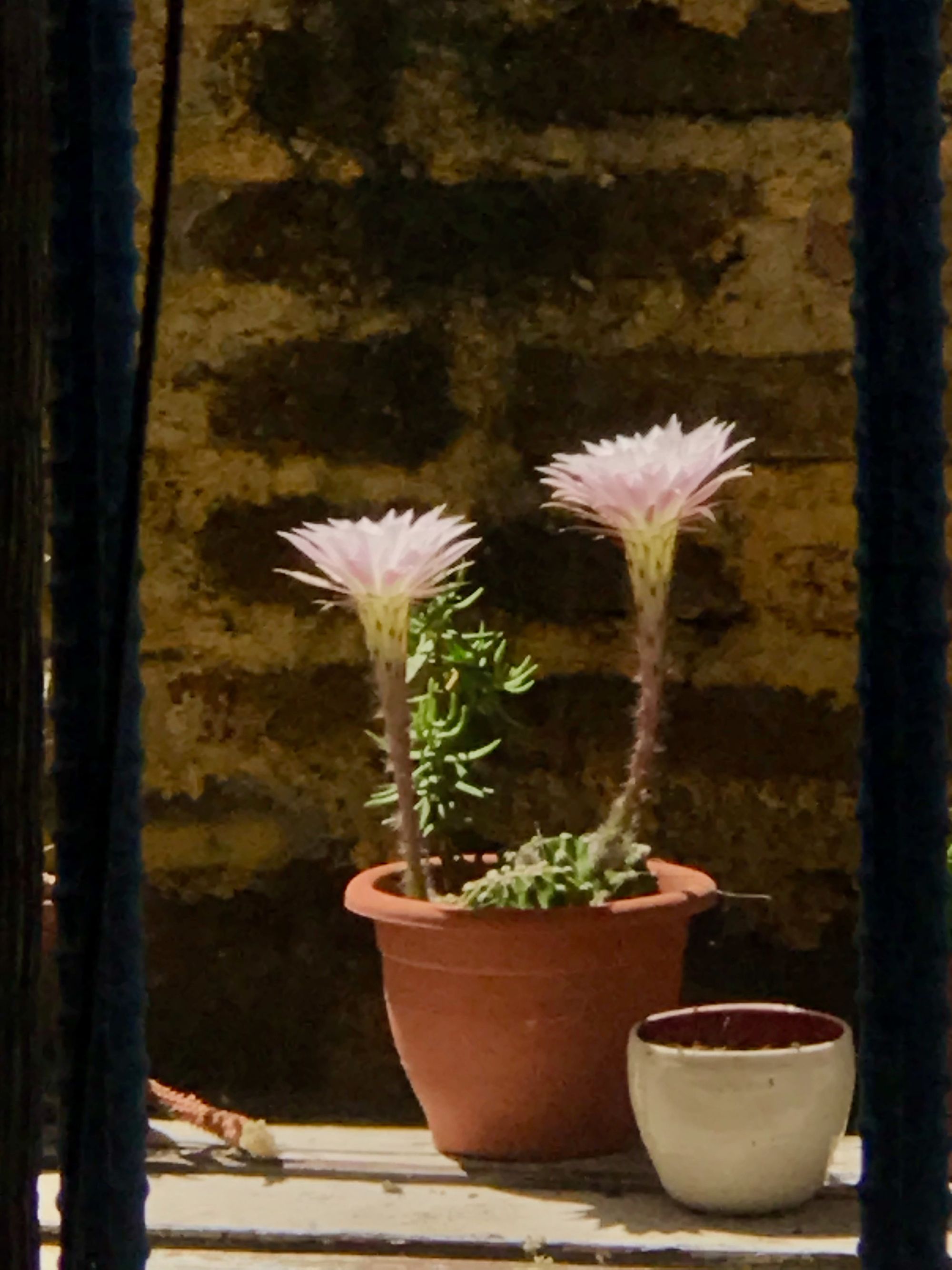
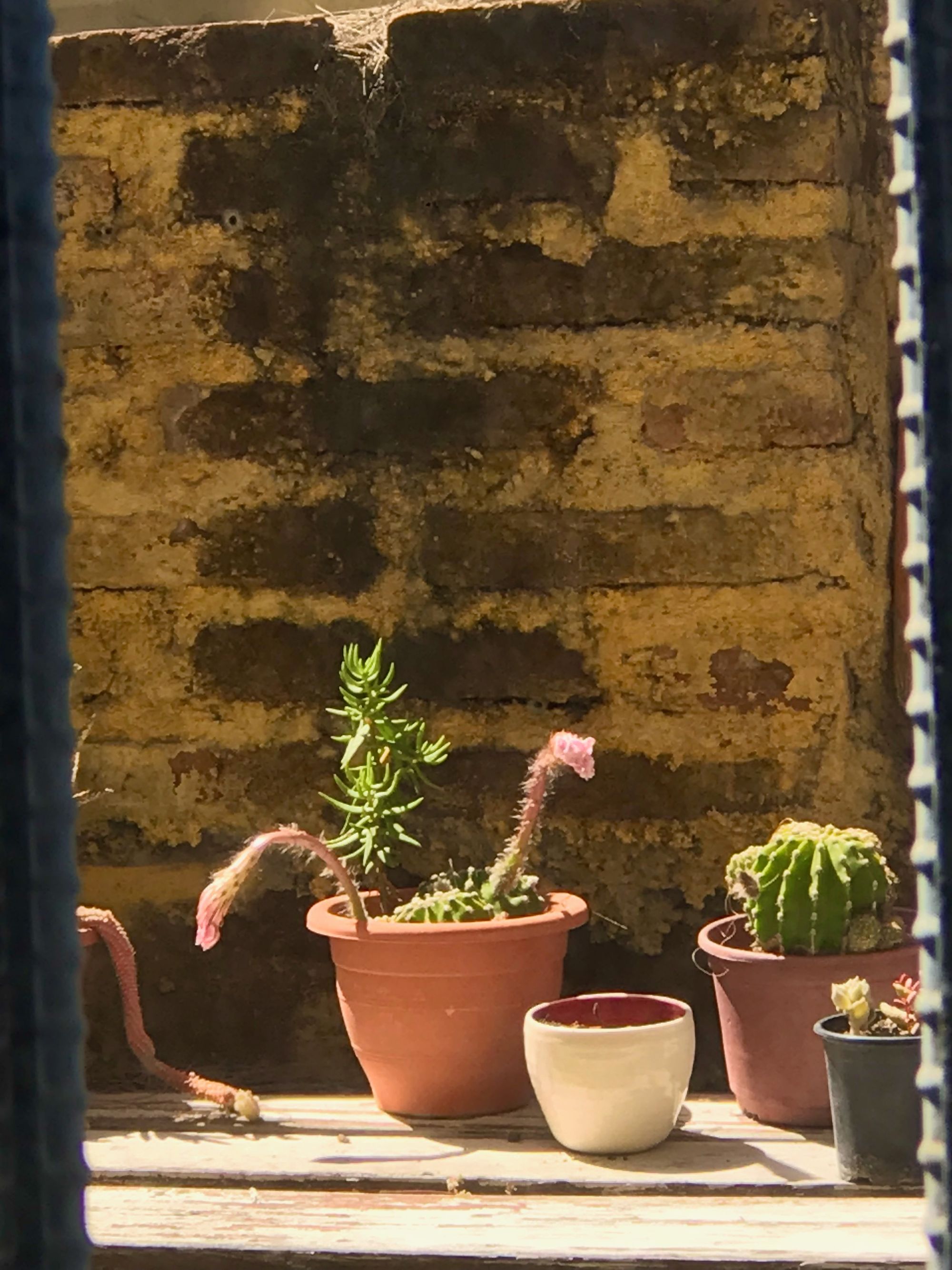
My transness is largely a practical consideration for me that illuminates some broader questions about storytelling, about gender, and about how we make a place for ourselves in the world.
— Finn Schubert, Seeking New Archetypes
[I was motivated by] the desire to use the ‘I’ – a form both masculine and feminine – as an exploratory tool that captures sensations: those which memory has buried, those which the world around us keeps on giving, everywhere and all the time. The prerequisite of sensation has for me become both the guide and guarantee of the authenticity of my research. But to what end? Not to tell the story of my life nor free myself of its secrets but to decipher a lived situation, an event, a romantic relationship, and thereby reveal something that only writing can bring into being and perhaps pass on to the consciousness and memories of others.
— Annie Ernaux, 2022 Nobel Prize Lecture
In an environment of denial, an individual may know something’s off but can’t find validation or is unsupported in interpreting events to corroborate what they know to be true. With time, they may start to believe it is they who are wrong, ought to be ashamed for their hard time adapting, or whose perception of things on the whole is untrustworthy. Because an environment of denial is unable to be accountable to experiences that challenge its version of reality, it becomes an individual’s job to sync up the discordant rhythms that emerge between what they know to be true, and what the environment is willing or able to validate. The taking up of that task marks entry into an unspoken agreement: That the individual will be responsible for more than can be reasonably managed on one’s own. They may see no other choice but to forgo the tempo that is true for them, in order to sync up with the pace of the environment which remains unwilling to give up on the dream. In a system that depends on denial to survive, it is always the individual who must change, to remain. It is on the individual to fix what is broken, even as the environment refuses to name what needs repair. Because the individual has long accepted, even if not consciously, that to expect the house rhythm to change is an exercise in the looping of heartbreak. This is no hero’s journey. It is a path of puzzlement and confusion as the individual carries alone what should be the shared burden of a collective. For a person who has made the difficult shift toward relinquishing a dream that their environment continues to cling to, witness is a simple and enormous medicine.
— Jessica Dore, Offering December 2022
Pero a mí eso no me preocupa, no me preocupa que cuando yo muera a usted mismo le cueste recordar mi cara y mi voz. ¿Sabe por qué? Porque lo tuve a usted en mis brazos, y porque aprendí a tejer con mi madre, y porque me he tomado miles de agüitas mirando el mar. Eso nadie lo sabe y a nadie le importa y por lo mismo está claro que nadie lo va a recordar, pero yo lo tengo acá adentro, y cuando venga la muerte la podré mirar y preguntarle cuántos hijos tuvo ella, cuántas cucharadas de azúcar le puso a sus tecitos, cuántas veces vio una gaviota lanzarse en picada al mar y salir de vuelta hacia el cielo con un pescado. Y la muerte no me va a poder decir nada, porque la muerte es eso: la muerte. La muerte es la envidiosa de los que tuvimos una vida. Y no sabe la envidia que le da cuando ve que otra gente va a despedirse del que se está llevando, cuando escucha a esa gente hablar y decir cosas bonitas del muerto; no sabe usted, Martín, toda la rabia que siente la muerte por cada lágrima que se derrama por un finado, porque nunca nadie va a derramar una lágrima por ella.
Durante todo el tiempo en que su madre habló, Martín no le soltó en ningún momento la mano, como hacía de pequeño. Escuchaba y se preguntaba de dónde sacaría tanta sabiduría una señora tan simple, que ni siquiera sabía leer. Quería preguntárselo, pero como tantas otras veces lo que realmente quería saber no salía de su boca porque no encontraba las palabras justas.
— Andrés Montero, “Flor y truco, forastero.” La Muerte Viene Estilando. La Pollera Ediciones, 2021.
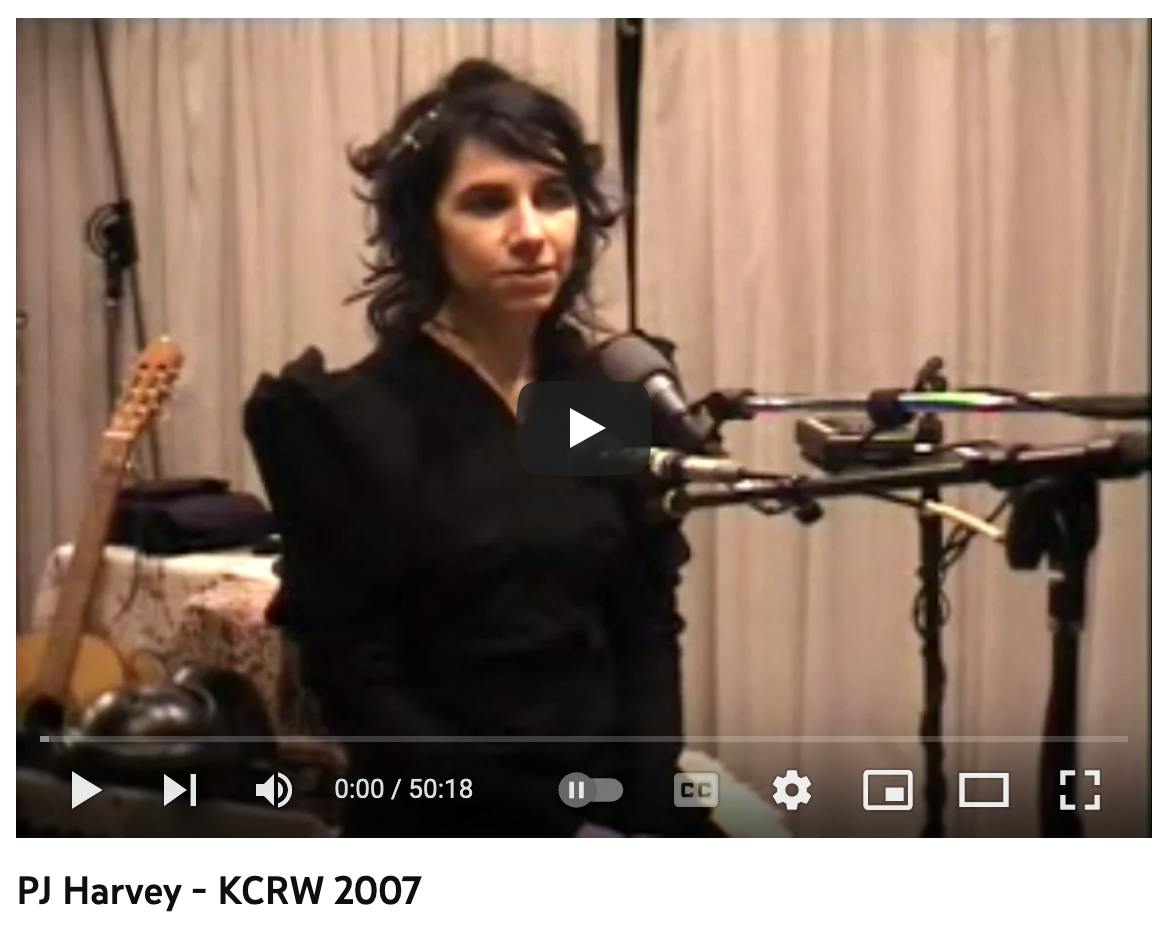
I’m going to try out sending these little digests of quotes and links I encounter between my longer essays, inspired by other newsletters such as Kameelah Janan Rasheed’s fantastic SLIM THICC compilations. I hope you like!
xo Nico
